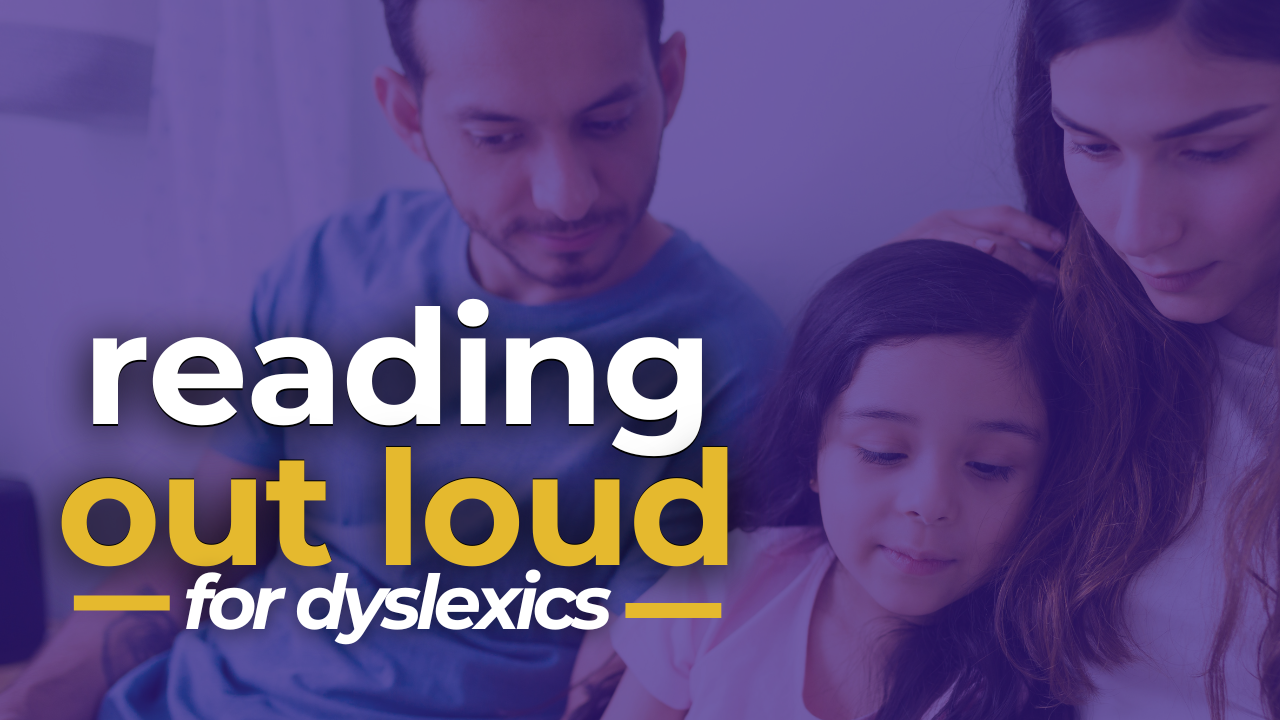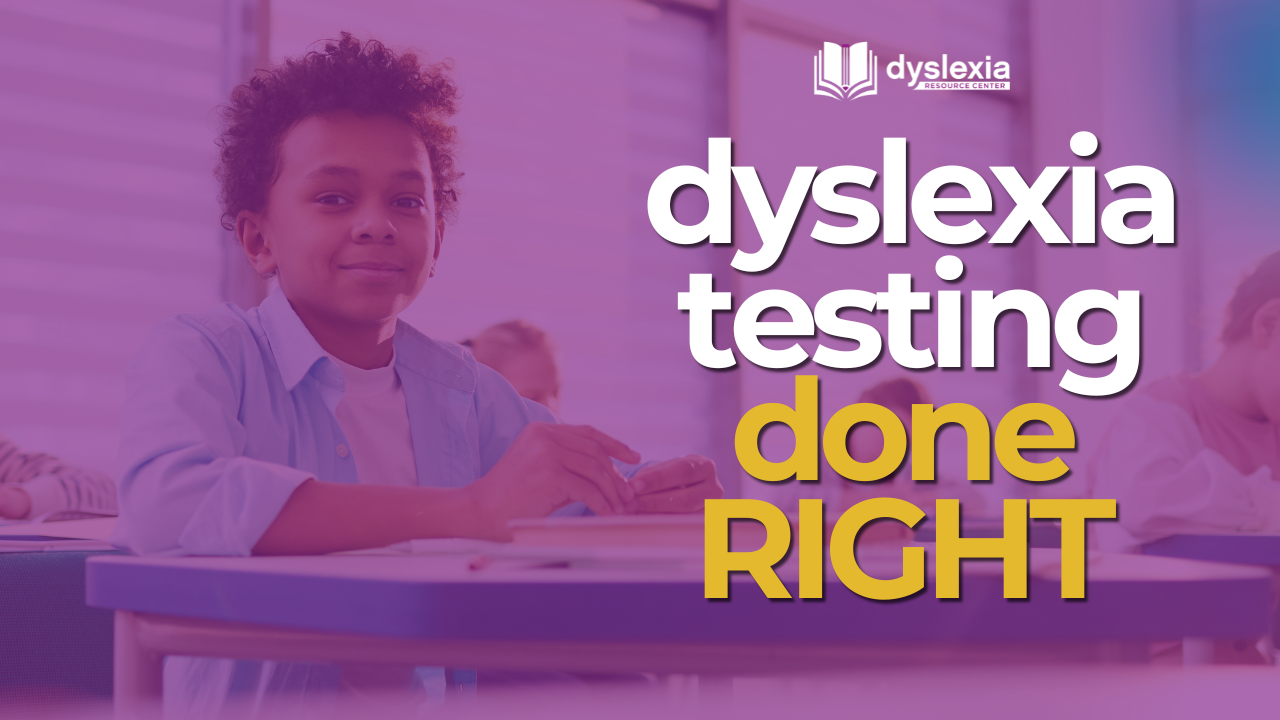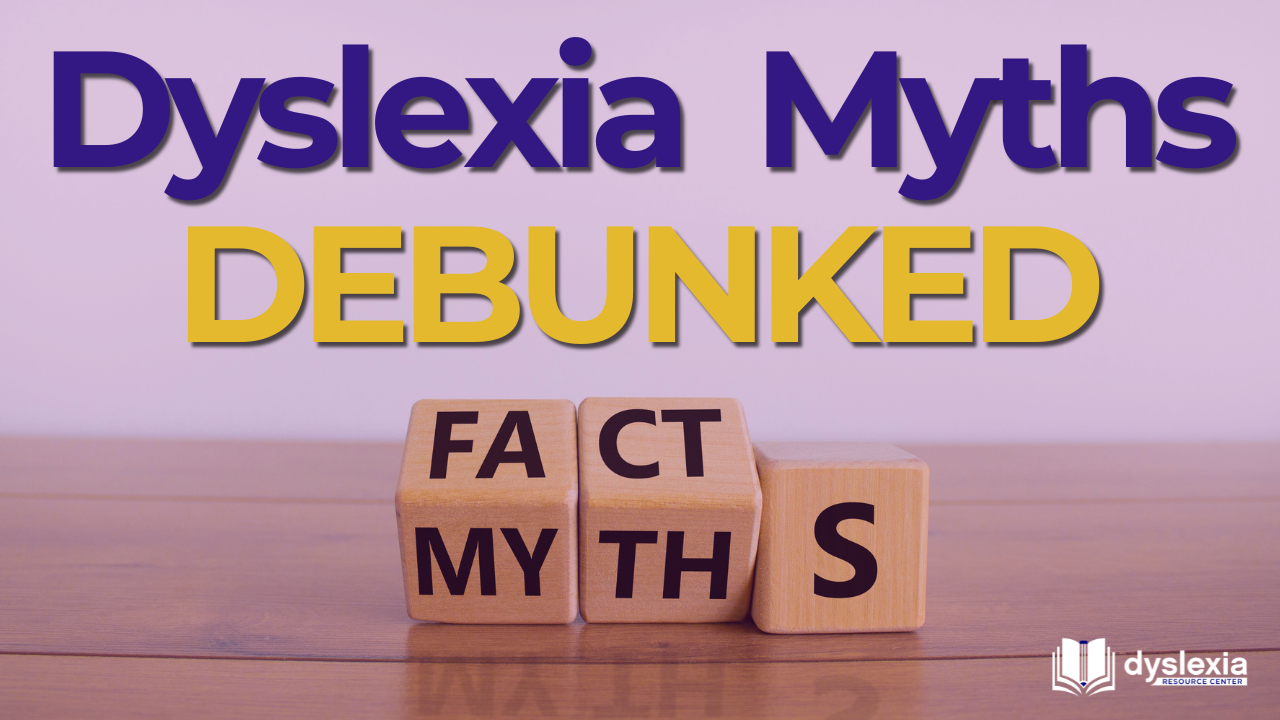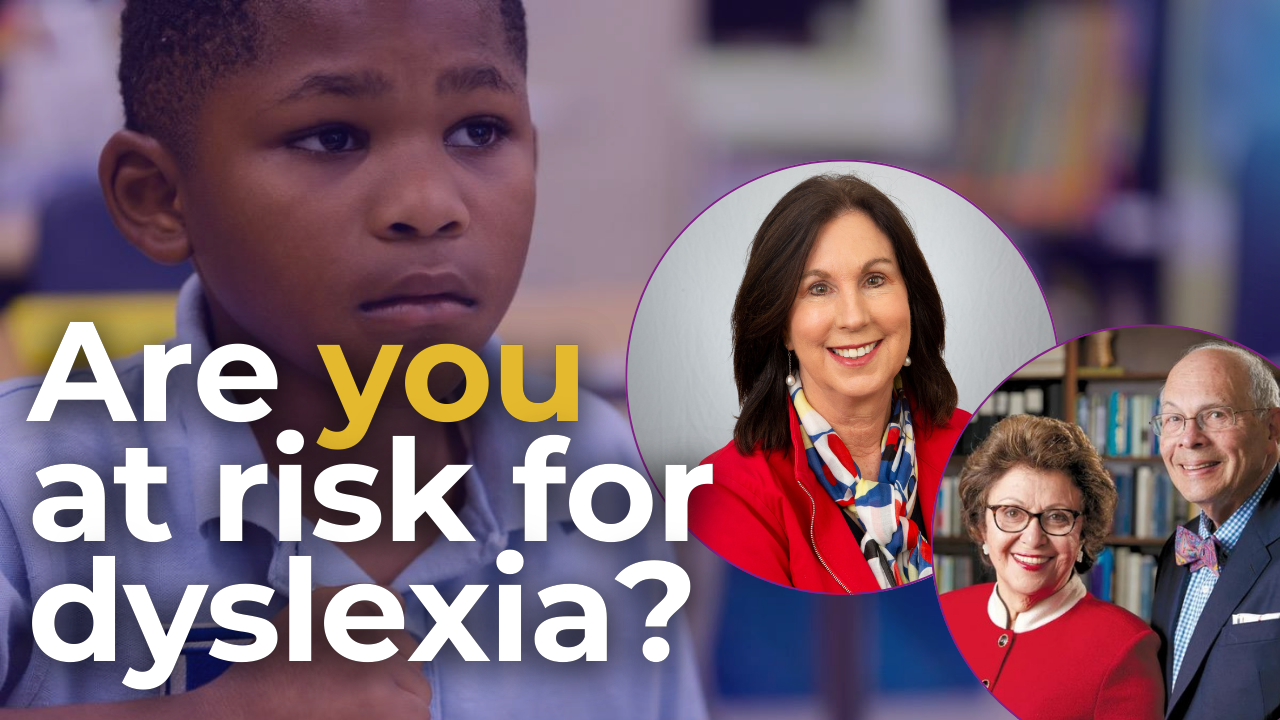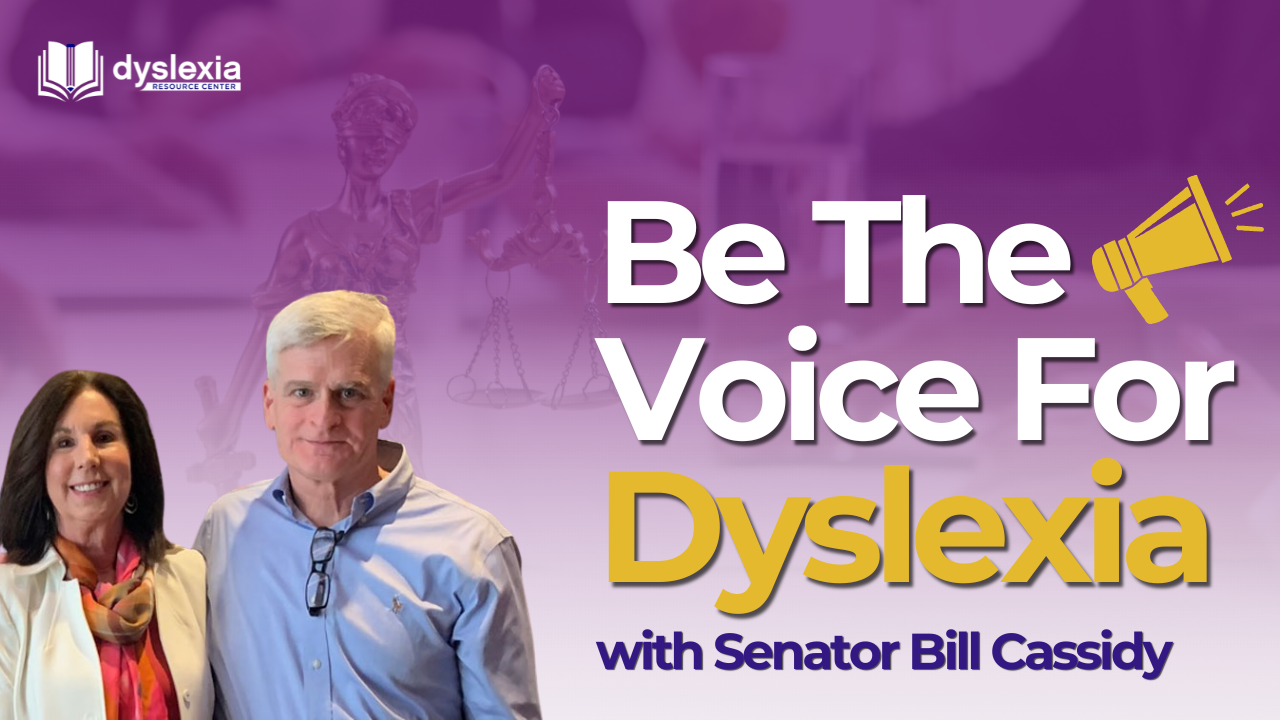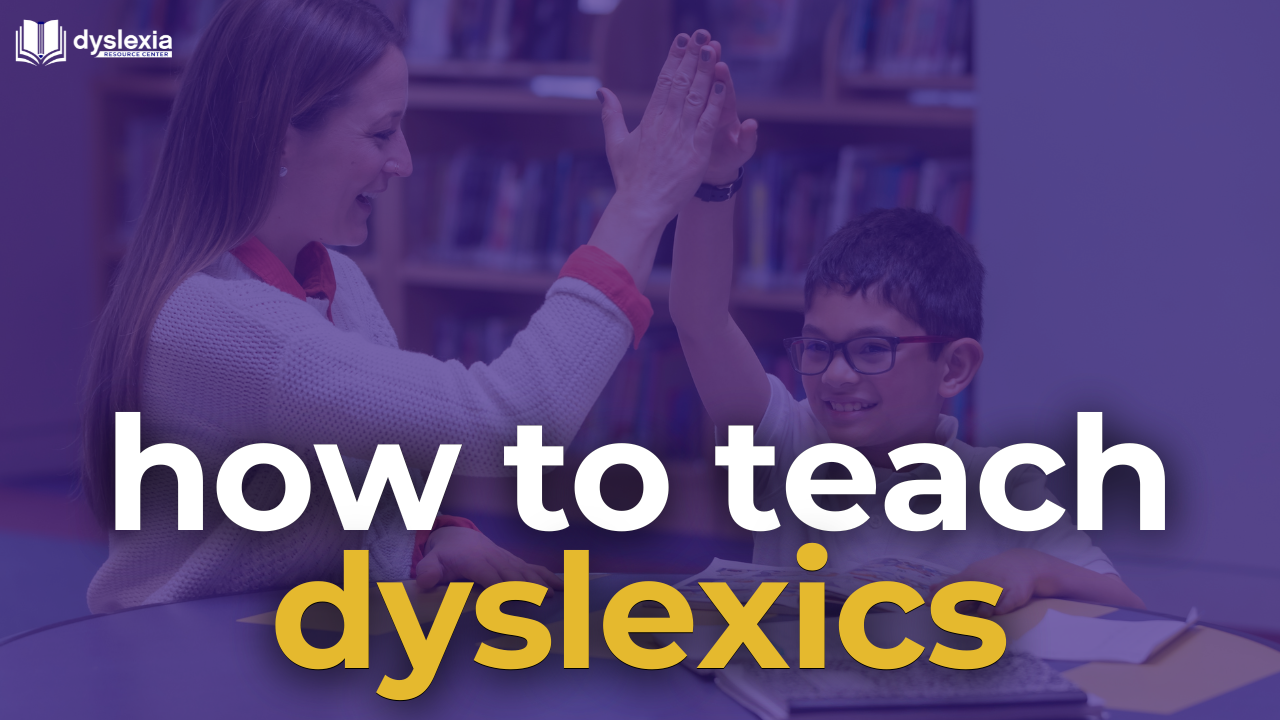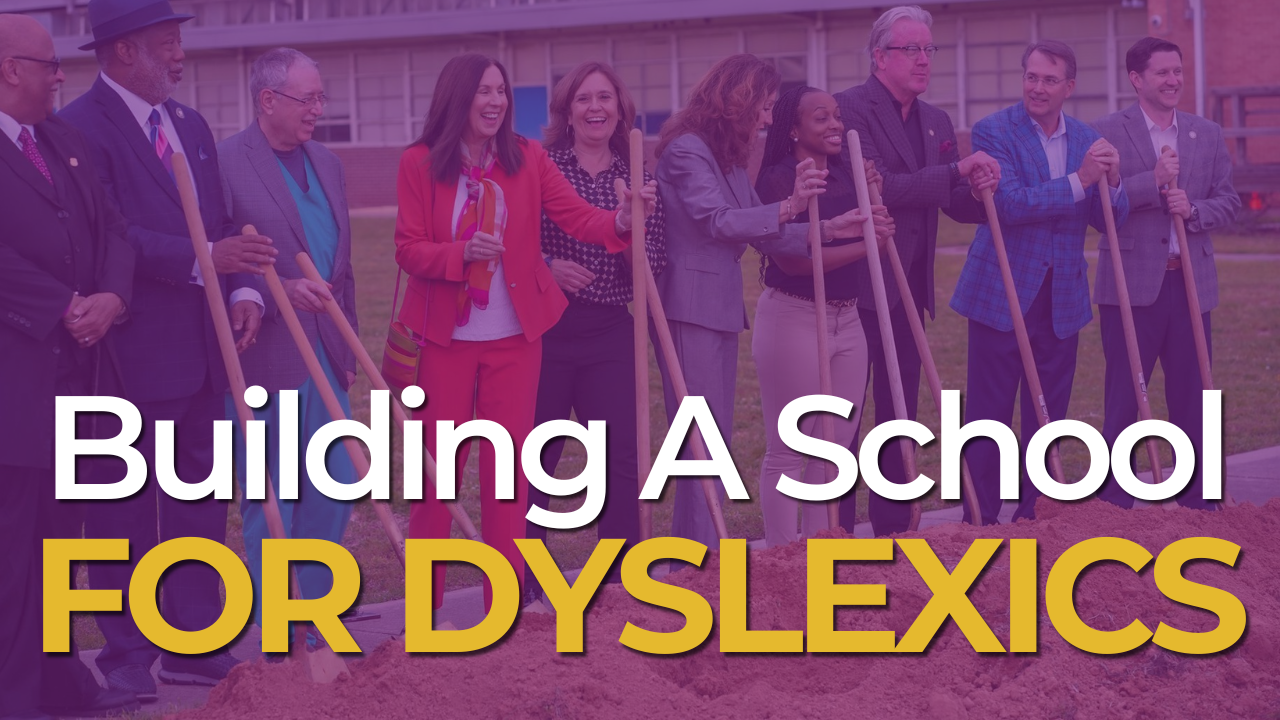Episode 6: Facts & Myths About Dyslexia
Introduction:
Dyslexia is a common learning difference that affects the way the brain processes written and spoken language. Despite its prevalence, there are many myths and misconceptions surrounding dyslexia that can hinder understanding and support for individuals with dyslexia. In this episode, we will debunk some of the most common myths and shed light on the realities of dyslexia.
Myth 1: More Boys Have Dyslexia Than Girls
Contrary to popular belief, dyslexia does not discriminate based on gender. While it is true that boys are often diagnosed with dyslexia more frequently than girls, this may be due to differences in how dyslexia presents in boys and girls. Boys may act up in class and girls may not be as vocal about their struggles.
Myth 2: Dyslexia Is Just Seeing Letters and Numbers Backwards
One of the most persistent myths about dyslexia is that it is simply a matter of seeing letters and numbers backwards. In reality, dyslexia is a complex neurological condition that affects the way the brain processes language. Individuals with dyslexia may struggle with reading fluency and decoding words.
Myth 3: Dyslexia Is a Visual Problem
While dyslexia can impact visual processing, dyslexia is not a visual problem. Dyslexia affects the way the brain processes phonological information, making it difficult for individuals with dyslexia to recognize and manipulate the sounds of language. In a dyslexic, the brain reads from the right anterior side of the brain rather than the left posterior brain in a non-dyslexic. This can lead to difficulties in decoding words and spelling but thankfully dyslexics can learn to read if correct instruction is given but their reading takes more work.
Myth 4: Individuals with Dyslexia May Also Have Difficulties with Spelling, Handwriting, and Math
Dyslexia is not limited to difficulties with reading. Individuals with dyslexia may also struggle with spelling, handwriting, and math. These difficulties are often due to the underlying phonological processing issues associated with dyslexia. However, with the right support and interventions, individuals with dyslexia can overcome these challenges and succeed academically.
Myth 5: Children with Dyslexia Cannot Be Diagnosed Until the End of 2nd Grade
Early diagnosis is crucial for children with dyslexia. The signs of dyslexia can be present as early as preschool, and early intervention is key to helping children with dyslexia succeed in school. Parents and educators should be aware of the early signs of dyslexia, such as difficulty with rhyming, recognizing letters, and learning the alphabet.
Closing Thoughts
It is important to debunk myths and misconceptions about dyslexia to ensure that individuals with dyslexia receive the support and understanding they need. By spreading awareness and understanding about dyslexia, we can create a more supportive environment for individuals with dyslexia to thrive.
Did you know that most dyslexics are brilliant when it comes to critical thinking and creativity? Creative dyslexics such as Thomas Edison, Albert Einstein and Walt Disney were all dyslexic. Let’s remember to celebrate the unique abilities that come with dyslexia.
Thank you for listening, and be sure to tune in to our next episode where we will have a parent sharing their personal story and journey with dyslexia.
